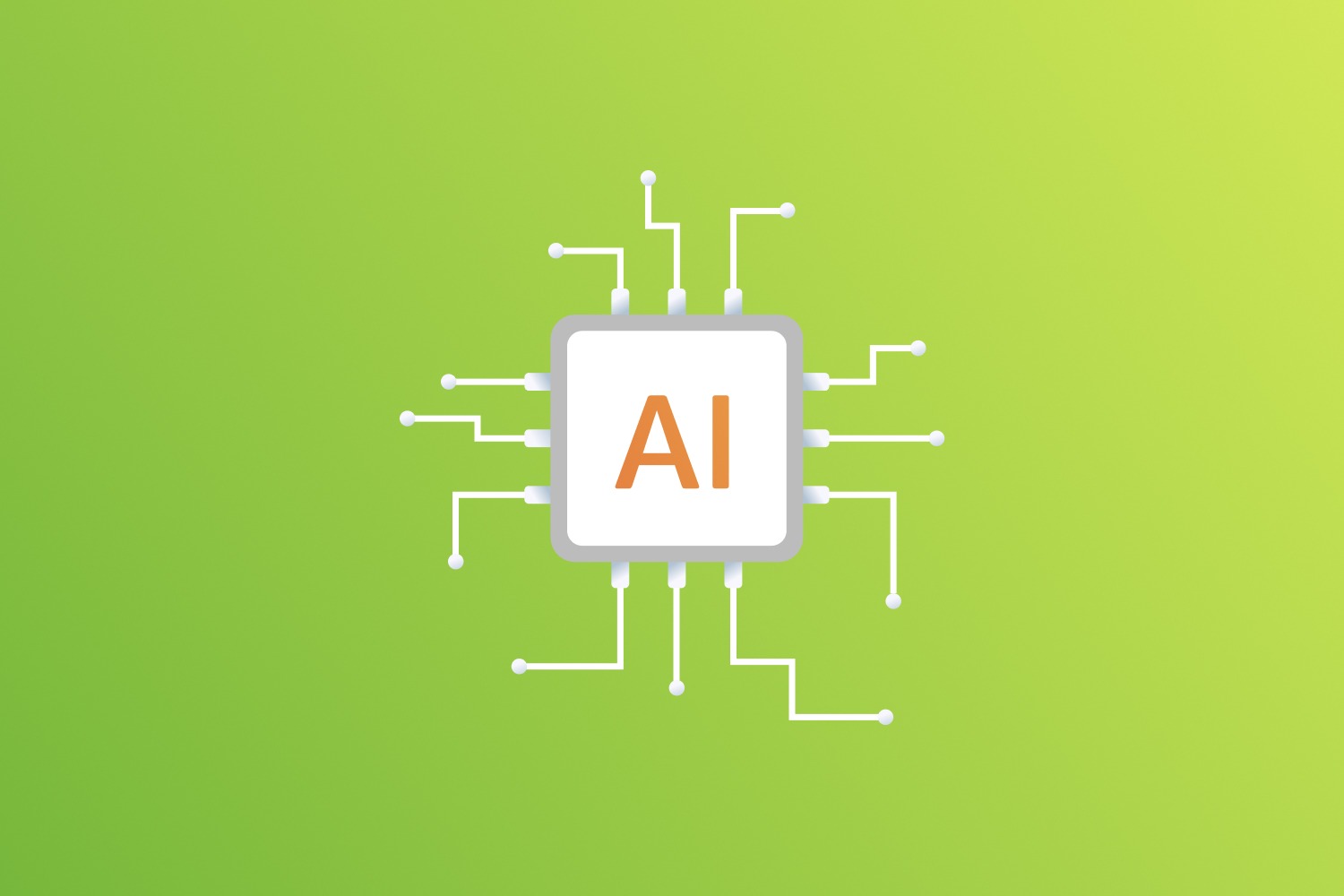Behind every innovative app and seamless digital experience is a team of dedicated quality assurance (QA) professionals. This article explores the evolving role of functional testing engineers, featuring insights from EPAM professionals from diverse departments and various levels to understand how they champion user trust in the digital age.
Role of a QA engineer in software production
Software testing engineers are indispensable to the success of any IT project, serving as the guardians of product quality by ensuring reliability, functionality and user satisfaction. Their involvement begins early in the project lifecycle, starting with analyzing requirements to identify unclear or conflicting details before development even begins. As the project progresses, they continuously test the product during the development phase to catch bugs early, preventing minor issues from becoming major problems. Even after launch, QA engineers monitor the live product, addressing user-reported issues to maintain quality standards.
Functional testing remains a highly in-demand IT direction as it allows for human observation, intuition and exploratory techniques to uncover complex issues that may be challenging to identify through automated testing alone.
To gain a clarity of the tester's role, let's explore the standard Software Testing Life Cycle (STLC):
- Requirement analysis. Testers start with studying the documentation to understand what features and scenarios will be developed. They ensure that everything is correctly and fully described for developers.
- Test planning. During this phase, testing engineers determine the types of testing to be performed, identify the tools required and assess potential risks.
- Test case preparation. Before actual testing begins, QA specialists create their own documentation, which details what and how the software will be tested in a specific feature.
- Test execution and bug reporting. In the final stage, testers execute the test cases, detect bugs and report them comprehensively, so that developers can resolve issues efficiently.
Evolution of software testing engineer responsibilities
A decade ago, QA roles were often perceived as limited to post-development bug detection. Today, their value is increasingly recognized as integral to all stages of software production.
Functional testing engineers' responsibilities have broadened significantly, reflecting the growing complexity of software development and the rising demand for robust product quality. Modern QA specialists should now blend technical expertise with strategic oversight across the entire development lifecycle.
Skills needed to succeed in functional testing
As the role of QA specialists expands, so does the necessity for new skills and proficiencies.
Below are the key areas of technical knowledge essential for a modern QA engineer:
- Key processes throughout the SDLC and STLC, including familiarity with development models such as Waterfall, Agile (and its frameworks like Scrum and Kanban), V-Model, RUP and others.
- Various testing types and levels, test design techniques, key test artifacts, effort estimation methods and effective test result reporting.
- Test management and bug reporting tools like Jira, Trello, TestRail, Zephyr, Xray, qTest, PractiTest and Bugzilla.
- Continuous integration and continuous delivery approaches, as well as concepts of version control systems.
- Core network protocols such as HTTP and HTTPS, as well as concepts related to REST APIs.
- Familiarity with HTML, CSS, the DOM structure and browser developer tools.
- API and Web Services Testing using tools like Postman and SoapUI.
- SQL queries (e.g., SELECT, INSERT, UPDATE, DELETE) and relational databases (e.g., MySQL, PostgreSQL, SQL Server).
- Prompt engineering and experience with AI/ML-based testing tools (e.g., ElitEA).
Testers frequently collaborate with developers, designers, business analysts and even directly with stakeholders. This requires strong soft skills to maintain seamless communication and align technical accuracy with business goals. The most crucial ones include:
- Analytical thinking is used to operate requirements, predict edge cases and adopt a user-centric mindset.
- Attention to detail is essential, as minor oversights can escalate into critical failures.
- Good communication skills ensure clear collaboration with teams and effective articulation of issues.
- Curiosity drives QA specialists to explore beyond predefined test cases, ensuring comprehensive coverage and adaptation to industry trends.
All these skills make a novice engineer a professional. They can only be obtained through real-world experience. To start in QA, striving to dive deep into the field and being ready to develop the necessary qualities are enough.
Future of testing in the context of AI transformation
AI technology is now widespread, and modern testers are naturally incorporating AI capabilities into their workflows for a number of purposes, such as:
- Productivity boost. AI services assist testing engineers with tasks like formatting test cases and generating test data, allowing them to focus on more complex tasks.
- Deep requirements' analysis. AI tools help analyze requirements, identify assumptions and uncover overlooked non-functional requirements or edge cases. They can also create diagrams to visualize flow, sequence and states.
- Learning facilitation. AI models serve as virtual mentors for manual testers, offering guidance and real-time help with new technologies.
The future of software testing lies in a harmonious balance between AI efficiency and human insight. QA roles are predicted to demand hybrid expertise, blending technical skills like AI/ML literacy and prompt engineering with domain-specific knowledge (e.g., healthcare compliance, fintech security).
While AI can handle repetitive and predictable tasks with remarkable speed, it is the human testers who will bring invaluable intuition, contextual awareness, creative problem-solving and ethical checks to the table.
Ways to start learning quality assurance
Nowadays, numerous resources are available to start learning functional testing. In the beginning, you can pay attention to these books:
- "Software Testing. Base Course" by S. Kulikov covers key terminology, testing classifications, essential skills, test cases and checklist creation. The author also clearly and engagingly mentions common mistakes.
- "How Google Tests Software" by James Whittaker provides an insider's perspective on Google's cutting-edge testing processes, emphasizing scalable methodologies and the balance between speed and quality.
- "Software Testing" by Ron Patton focuses on practical approaches to identifying defects and understanding the tester's role in delivering reliable software.
- "Introduction to Software Testing" by Paul Ammann & Jeff Offutt offers a rigorous exploration of test design techniques, blending theoretical foundations with practical applications for building robust test suites.
Exploring materials from the ISTQB (International Software Testing Qualifications Board) is also helpful in building a strong foundation in QA. This free resource provides structured knowledge and is a great way to familiarize yourself with industry standards, even if you're not planning to take the certification exam right away.
QA communities are another great way to enhance your learning. Join forums, social media groups and professional communities where testers share insights, discuss challenges and provide mentorship. Participating in such communities will help you stay updated on industry trends and best practices. You can start by joining the EPAM QA Community – ProQuality.
At EPAM Campus, we also offer lots of opportunities to upskill in testing. Whether you're new to the field or seeking to expand your knowledge with expert support, there may be a suitable program for you.
Career development options for QA specialists
Functional testers have a wide range of career development opportunities to explore. Many transition into specialized roles, such as automation testing, performance testing or security testing, which are highly in demand.
Others may choose to advance into leadership or management positions within QA, taking on responsibility for team coordination and strategic planning. Functional testers can also branch out into related fields like business analysis or product ownership, leveraging their understanding of testing processes to influence product design and development.
Summing up
The QA field offers vast opportunities for growth, driven by the ongoing advancements in technology and the integration of AI. The key to thriving in this dynamic environment lies in continuous learning!
Join EPAM Campus programs to advance your testing career with industry-focused training, hands-on experience and expert mentorship!








